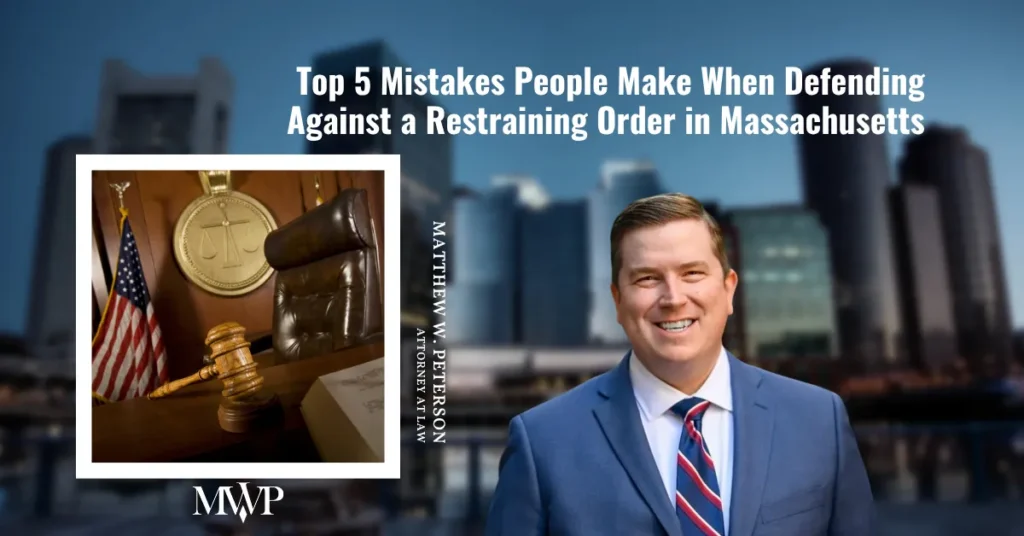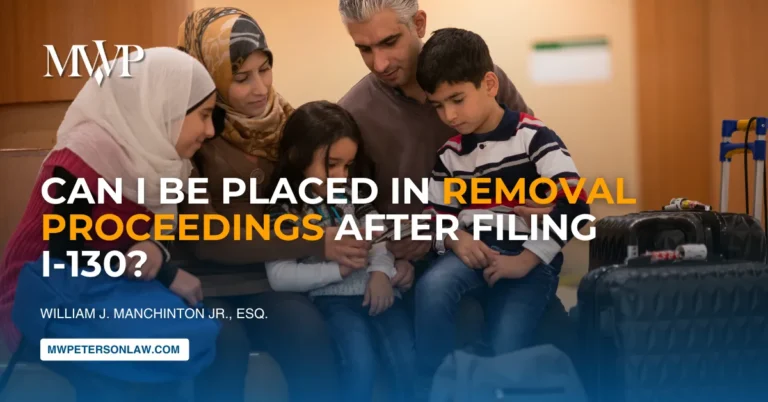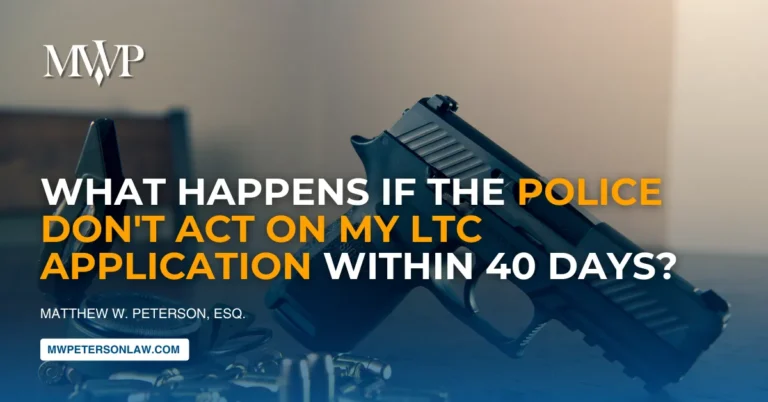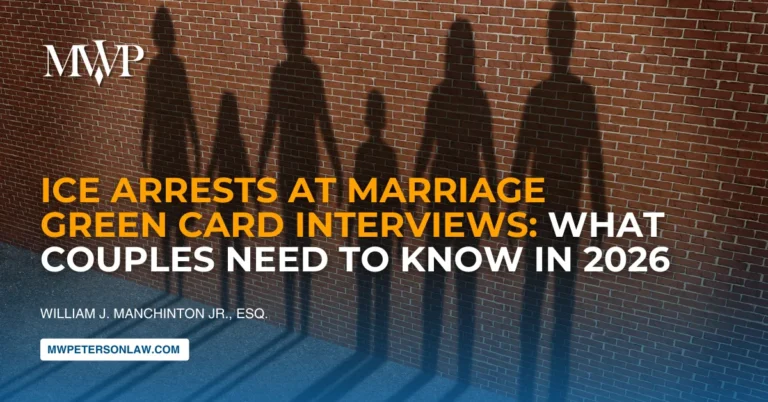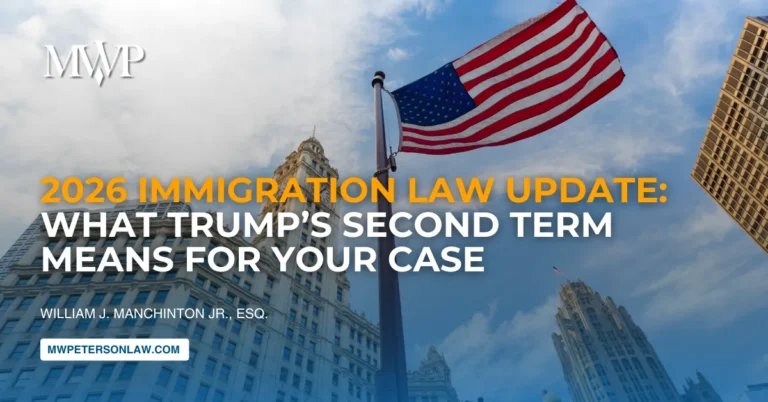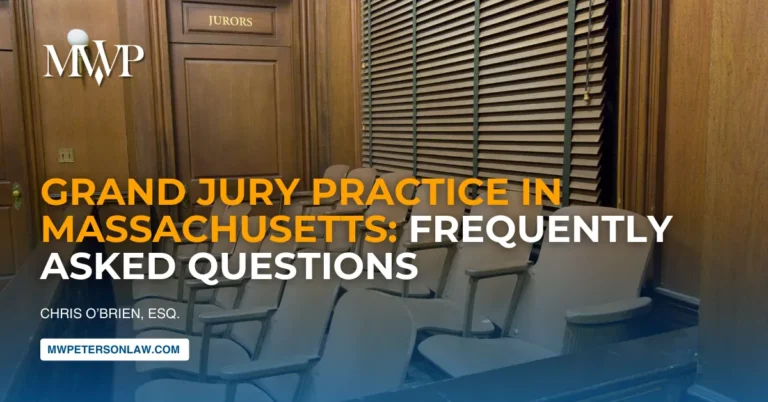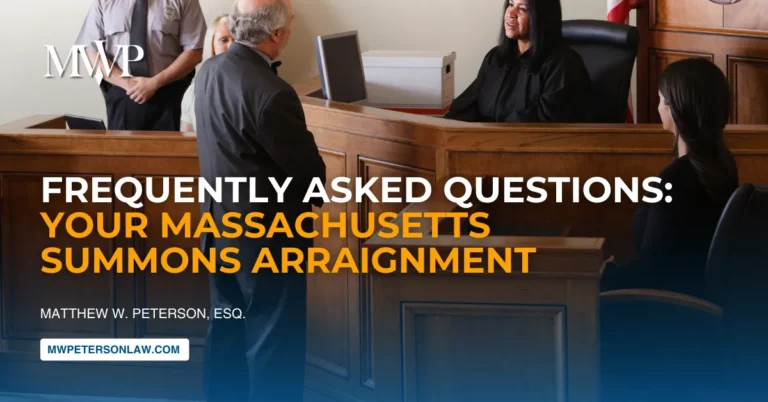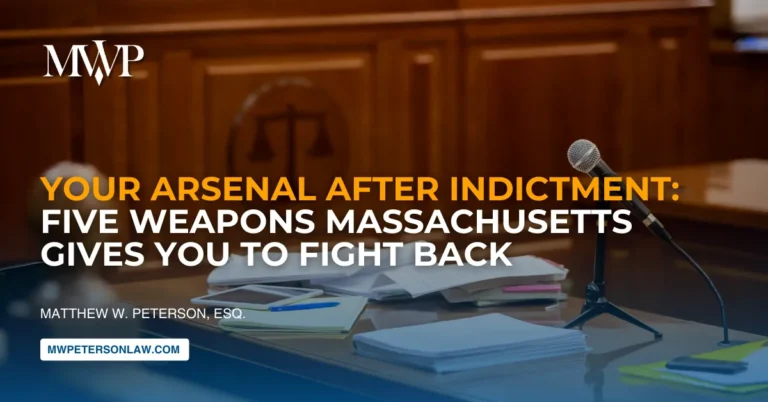What Are The Mistakes For Restraining Orders In Massachusetts?
Facing a restraining orders in Massachusetts hearing can feel overwhelming and frightening. Whether you’re seeking protection or defending against allegations, the stakes are incredibly high. For those defending against a restraining order, the consequences can be life-changing – potentially affecting your housing, your right to own firearms, and most importantly, your ability to see your children.
After years of observing hearings in Massachusetts District Courts, I’ve witnessed countless individuals represent themselves in these crucial proceedings. While everyone has the right to self-representation, certain common mistakes can severely damage your case. Understanding these pitfalls can make the difference between a favorable outcome and lasting consequences that follow you for years.
Mistake #1: Coming Unprepared with Your Evidence
The most frequent error I see is people arriving at court empty-handed, hoping the judge will somehow access their evidence for them. I’ve heard defendants say things like, “Judge, you should look up this document,” or “There’s a police report at another court that proves my point.”
Here’s the reality: judges won’t do your homework for you. If you want the court to consider evidence, you must bring it yourself. This means having physical copies of text messages, emails, photos, police reports, or any other documentation that supports your case. Even better, organize these documents chronologically and be ready to explain their relevance clearly.
Think of it this way – you’re telling your side of the story, and evidence is your proof. Without it, you’re asking the judge to simply take your word against someone else’s.
Mistake #2: Not Understanding the Legal Standards
Massachusetts has two types of restraining orders, and many people don’t understand the crucial differences. Abuse Prevention Orders (209A orders) apply to family members, household members, or people you’ve dated, and require evidence of abuse or a reasonable fear of imminent serious physical harm.
Harassment Prevention Orders (258E orders) apply to strangers or acquaintances and require three or more incidents of harassment that would cause a reasonable person to suffer substantial emotional distress.
Knowing which type of order you’re facing helps you understand exactly what the other party must prove. If they can’t meet the specific legal standard, the restraining order shouldn’t be granted. Many self-represented individuals miss this fundamental point and fail to challenge whether the required elements have actually been met.
Mistake #3: Simply Not Showing Up
It might seem obvious, but failing to appear at your hearing is unfortunately common and almost always disastrous. If you’re the defendant and don’t show up, the restraining order will likely be granted automatically. If you’re the plaintiff and don’t appear, your request will typically be denied and dismissed.
Life happens, and sometimes conflicts arise with court dates. If you have a legitimate scheduling conflict, contact the court immediately to request a new hearing date. Don’t assume you can simply reschedule later or that missing one hearing isn’t a big deal. Once a judge makes a decision in your absence, reversing it becomes exponentially more difficult.
Mistake #4: Failing to Review the Opposing Party's Affidavit
Before your hearing, the person seeking the restraining order will typically file a detailed affidavit explaining their allegations. This document is your roadmap to their case – it tells you exactly what claims you need to address.
Many self-represented individuals either don’t obtain this affidavit beforehand or don’t take the time to carefully analyze it. This is like going into battle without knowing your opponent’s strategy. Review every allegation carefully and gather evidence or witnesses who can contradict false claims or provide context for misrepresented situations.
Mistake #5: Not Taking the Process Seriously Enough
I’ve received too many phone calls from people saying, “I just lost my restraining order hearing. The judge was completely unreasonable. Can you fix this?” Unfortunately, by that point, the damage is often done.
Restraining order hearings aren’t practice rounds or preliminary discussions. These are formal legal proceedings with lasting consequences. Once a judge issues or denies a restraining order, appealing or modifying that decision becomes significantly more challenging and expensive.
The time to take this seriously is before your hearing, not after. Prepare thoroughly, dress professionally, speak respectfully to the court, and present your case clearly and calmly.
Moving Forward
Restraining orders serve an important purpose in protecting people from genuine threats and abuse. However, they can also be misused or based on misunderstandings that spiral out of control. Whether you’re seeking protection or defending against allegations, these proceedings deserve your full attention and preparation.
If you’re facing a restraining order hearing in Massachusetts, remember that you don’t have to navigate this alone. At the Law Office of Matthew W. Peterson, we help people on both sides of restraining order cases throughout Massachusetts. Sometimes having experienced legal guidance can mean the difference between protecting your rights and facing consequences that affect your life for years to come.
Don’t let avoidable mistakes derail your case. If we can help you prepare for or handle your restraining order matter, call us today.

